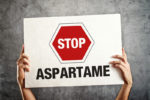Germs surround us. There is nothing wrong with that, as most bacteria around us are harmless. Likewise, our immune system is continuously working towards our safety.
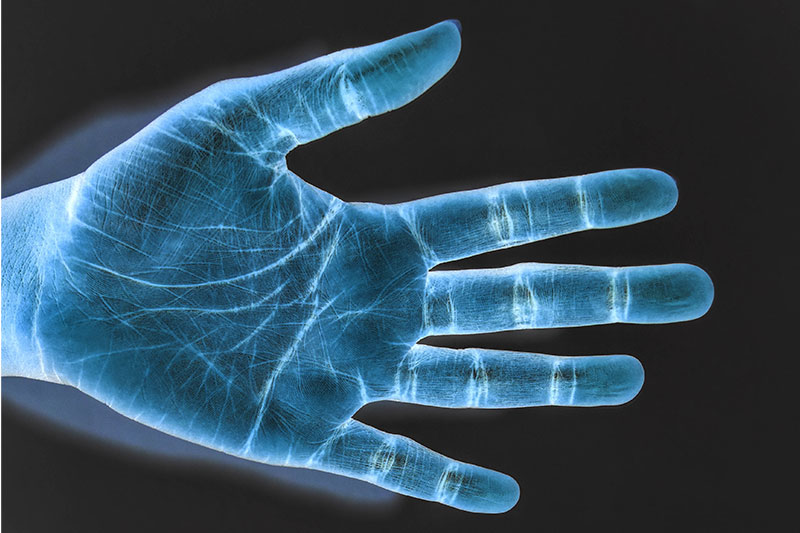
However, some items in our daily life are a tad bit dirtier than others. Positively overflowing with bacteria and pathogens, and far nastier than anything you may have envisioned.
Ready for some paranoia? Then grab your favorite sanitizer and discover the ten dirtiest things you touch every day.
Germophobes have been warned.
Money.
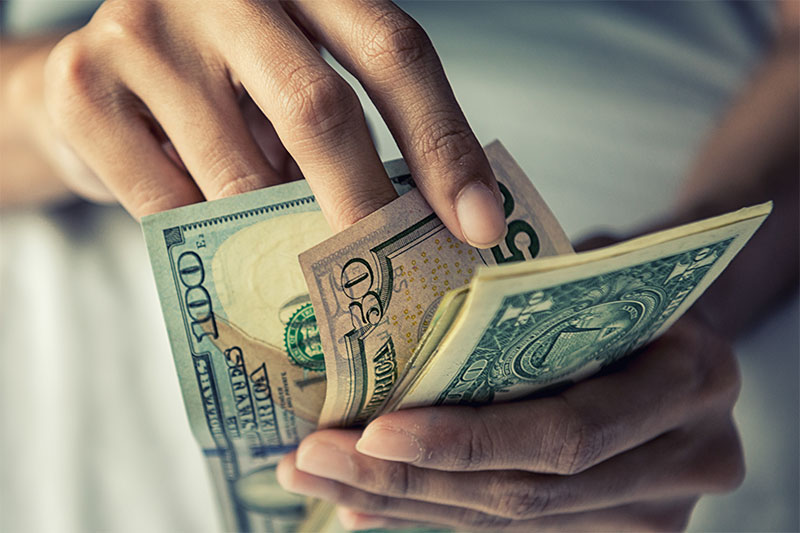
Our economy is based on the exchange of money for goods and services. This means, of course, that money is intended to be passed around from person to person. Again and again.
As a consequence, most bills are positively filthy. In fact, 94% display fecal matter, 80% have traces of cocaine, and many more have food particles, dog spit, and acne-causing agents.
Bills made out of cotton and linen have it worse, as they are fibrous and stimulate bacterial growth.
Remote control
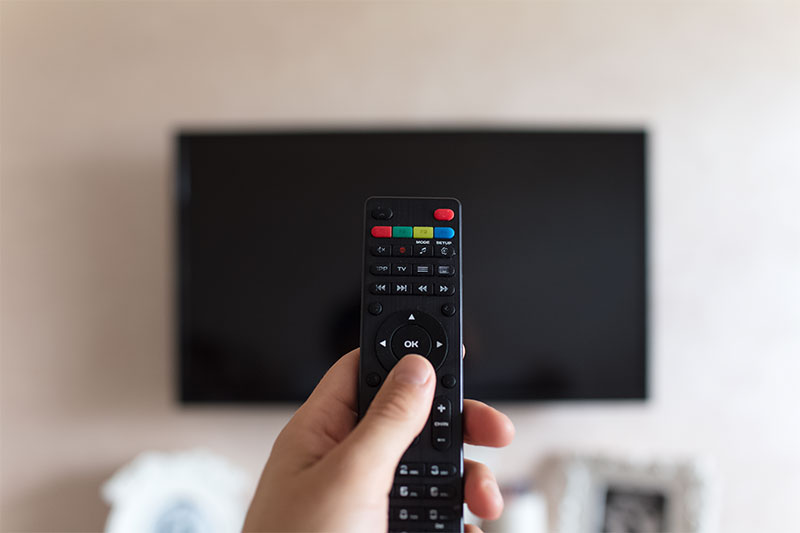
If you knew what lurks there, you wouldn’t fight so much over your remote.
A study by NSF International found that over 14% of remotes in average homes have a wide variety of germs, including but not limited to E. coli and Staphylococcus aureus. It makes sense when you remember how often people and pets alike interact with the little device.
The statistics get worse if you consider hotel room remotes. A study by the University of Houston affirmed it to be the most contaminated spot in hotel rooms.
Whirlpool bathtubs.
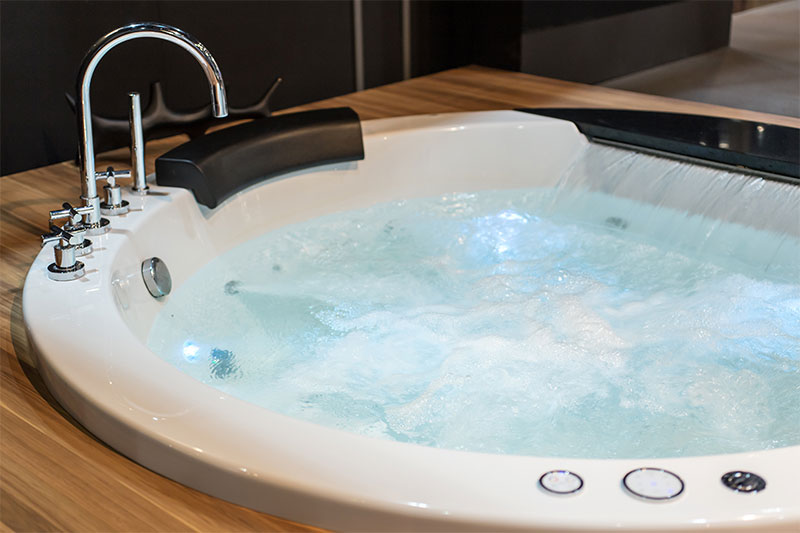
There is nothing more relaxing than soaking in a whirlpool bath.
It allows your body to melt in the comfortable heat, relieve your body pain, forget about daily issues, and surround yourself with filth and bacteria.
Doesn’t sound as appealing now, does it?
Whirlpools require rigorous daily maintenance, and small malfunctions such as faulty filters or lack of chlorine can cause massive growths of the Pseudomonas aeruginosa bacteria, responsible for UTIs and other afflictions.
Worse news? Your regular bathtub is not much better.
Shopping carts.

It might be ironic, but supermarkets are brimming with bacteria. It’s normal, considering many perishable goods gather together, as well as the bacteria that thrive in them.
However, shopping carts are, perhaps, the most unsanitary aspects of the shopping visit.
Researchers from the University of Arizona discovered shopping carts are contaminated by all sorts of substances—bacteria, viruses, saliva, and even fecal matter. Conclusion? They’re positively filthier than public bathrooms.
Refrigerator handles.
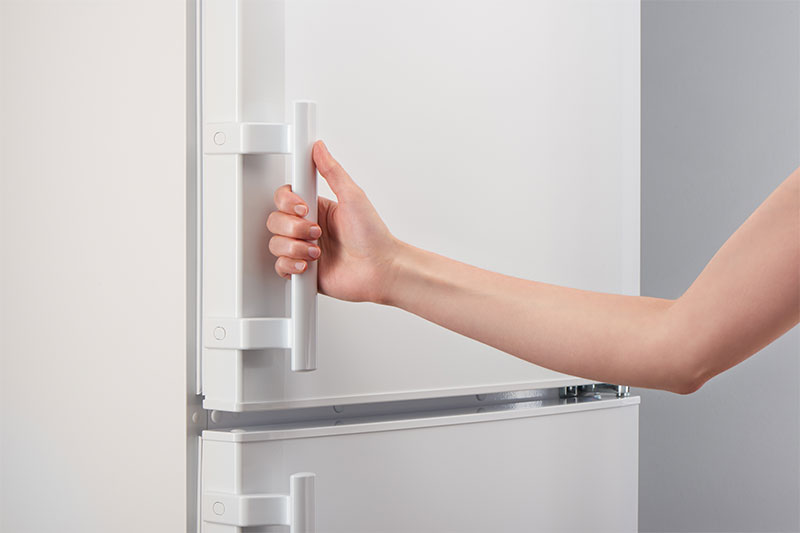
The fridge handle gets a fair share of germs. However, unlike other appliances, it hardly gets adequately disinfected.
We open and close the fridge to store food—including raw meats and dirty fruits. Professor Charles Gerba from the University of Minnesota affirms that added to that, using unwashed hands to open the refrigerator can also add fecal matter to the bacterial mix.
Delicious!
Purses.
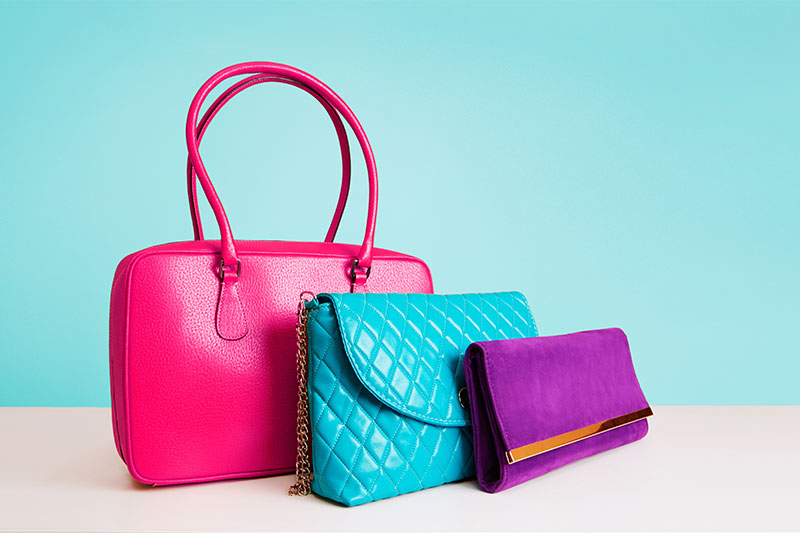
Have you ever thought of the places your purse has visited? Bathroom stalls, fast-food restaurants, car floors, and sometimes even the floor. Your purse has been collecting bacteria from every single one of those locations.
And the worst part? You probably don’t clean it very often.
A study by Initial Washroom Hygiene discovered women’s purses have more bacteria than your average bathroom, as it is the perfect breeding ground—dark and sometimes porous.
Dog toys.
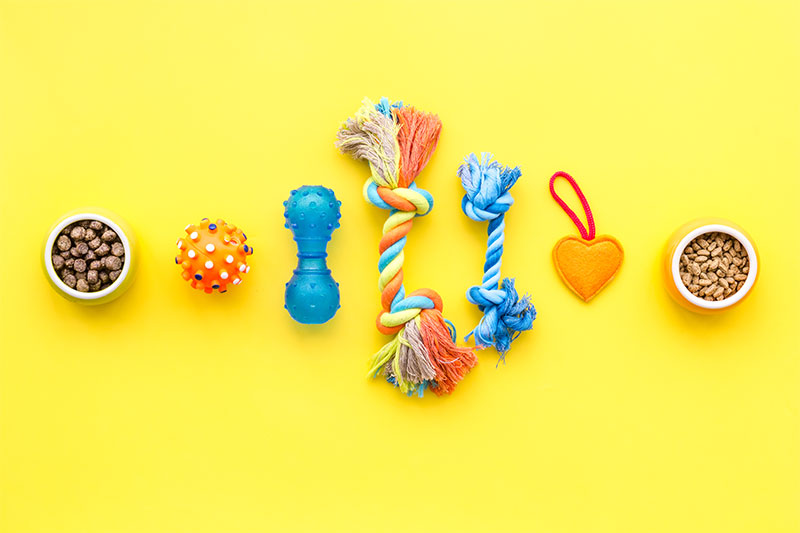
We love our pets, but even if you don’t mind Scooby’s saliva all over you, it can be quite the contaminant atop his toys or other surfaces.
It turns out pets not only contaminate the toys with their bacteria. Their saliva sticks to the surface of the toys and, if not disinfected regularly, can become a breeding ground for pathogens and mold.
The ATM.
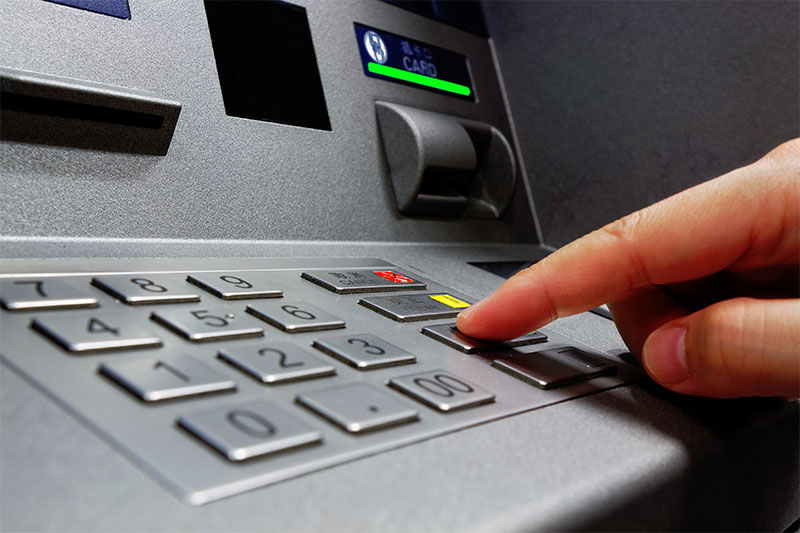
Quite similar to money itself, all sorts of folks touch ATM buttons, probably without washing their hands. As a consequence, the surface is a thriving playground for bacteria.
A 2016 study performed in New York City found all sorts of germs atop ATMs in Brooklyn, Manhattan, and Queens.
While most of the bacteria were harmless, there were traces of foodborne mold, lactic acid bacteria, and even some hints of seasonal viruses.
Soap dispensers.
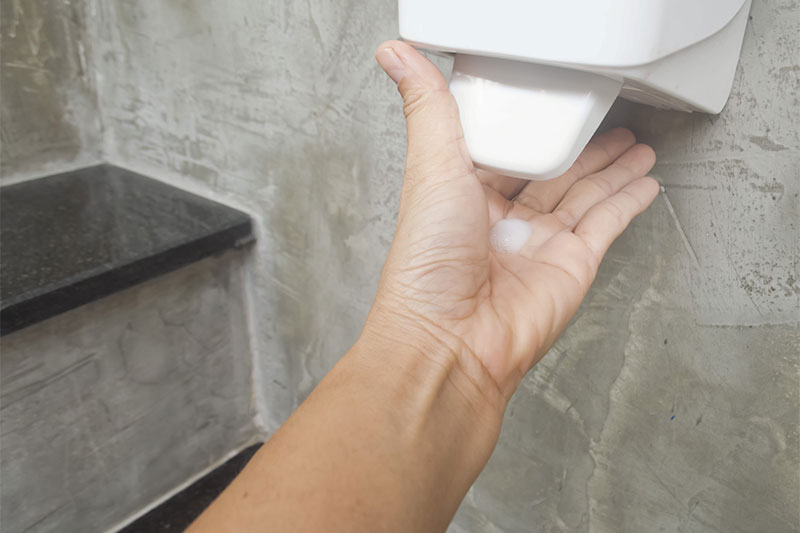
It’s almost a cruel irony, but you can contaminate your hands further each time you try to clean them.
It turns out that refillable soap dispensers located in public bathrooms are a germ haven, according to a study by the University of Arizona. Frequently, they are filled up without proper cleaning, which means bacteria can grow within the dispensers.
The worst part is that said bacteria remains on the users’ skin even after using the soap. Meaning, your hands may be left even dirtier than they were beforehand.
Your phone.
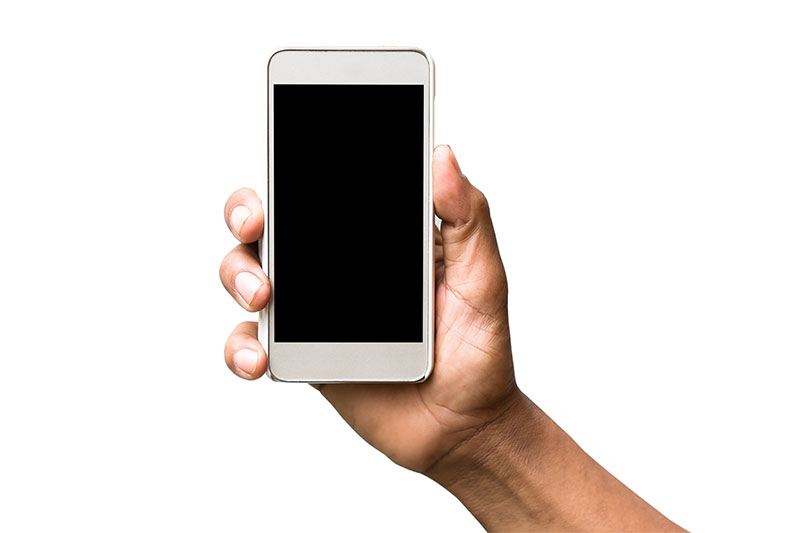
Sorry to let you know, but the phone you are using to read this article is dirtier than your toilet.
We use our phones everywhere—the bus, the hospital, the restaurant, and even the toilet. This environmental exposure means bacteria in the air sticks to your phone’s surface. Sadly, we rarely wash our hands before or after using our smartphones, so that contamination gets to us pretty fast.
Thankfully, this all can be solved with a little antibacterial gel, can’t it?


